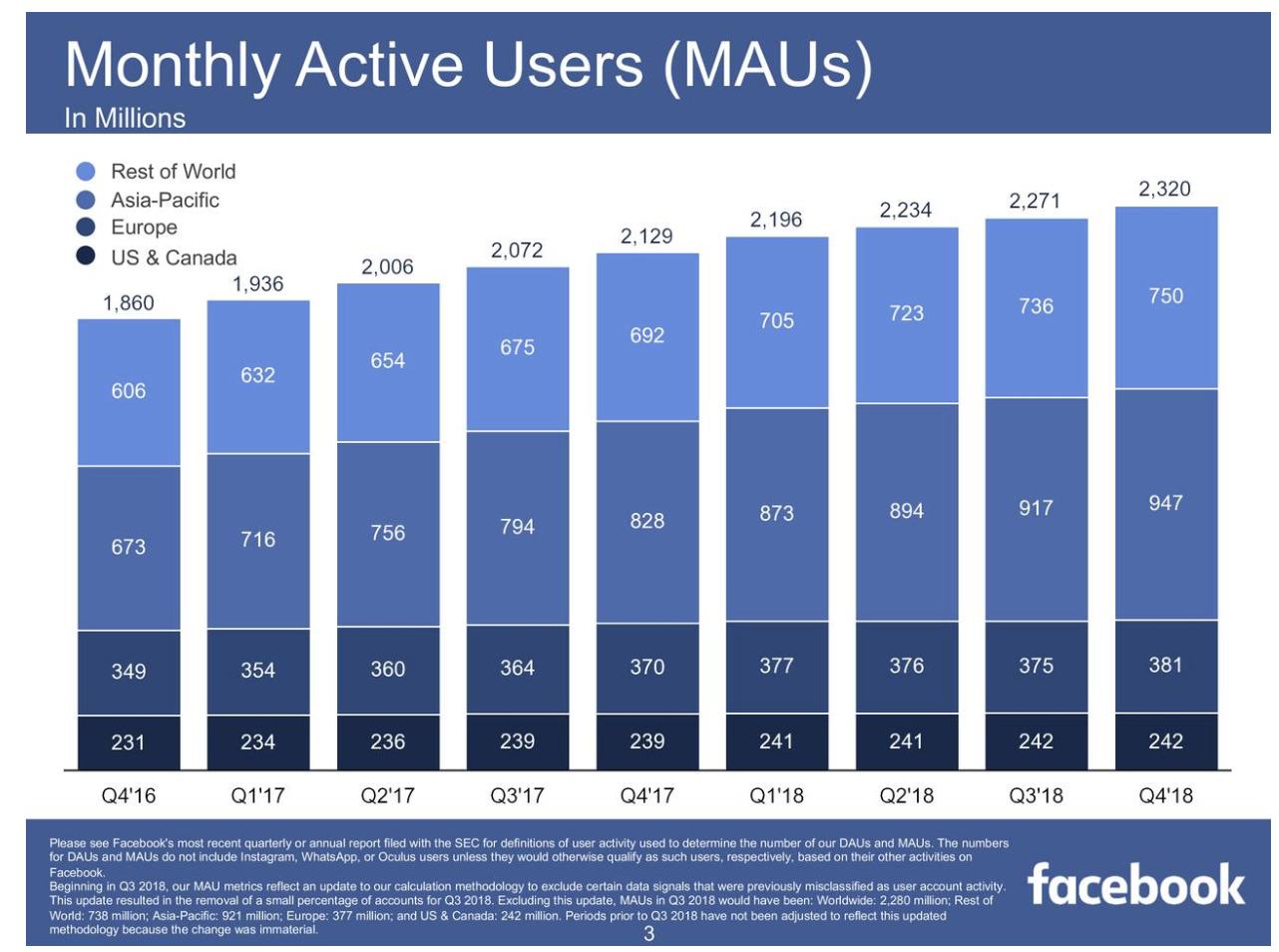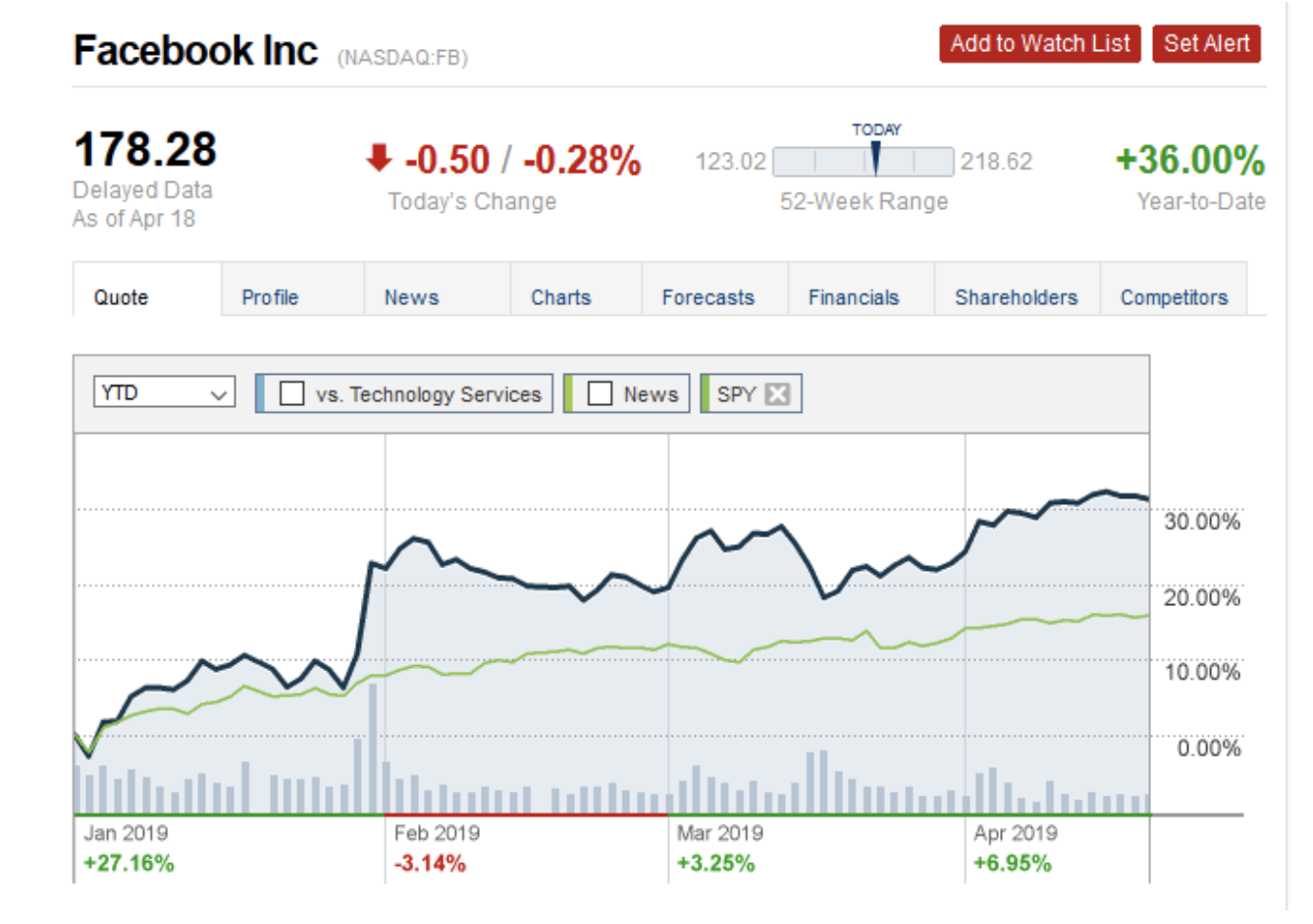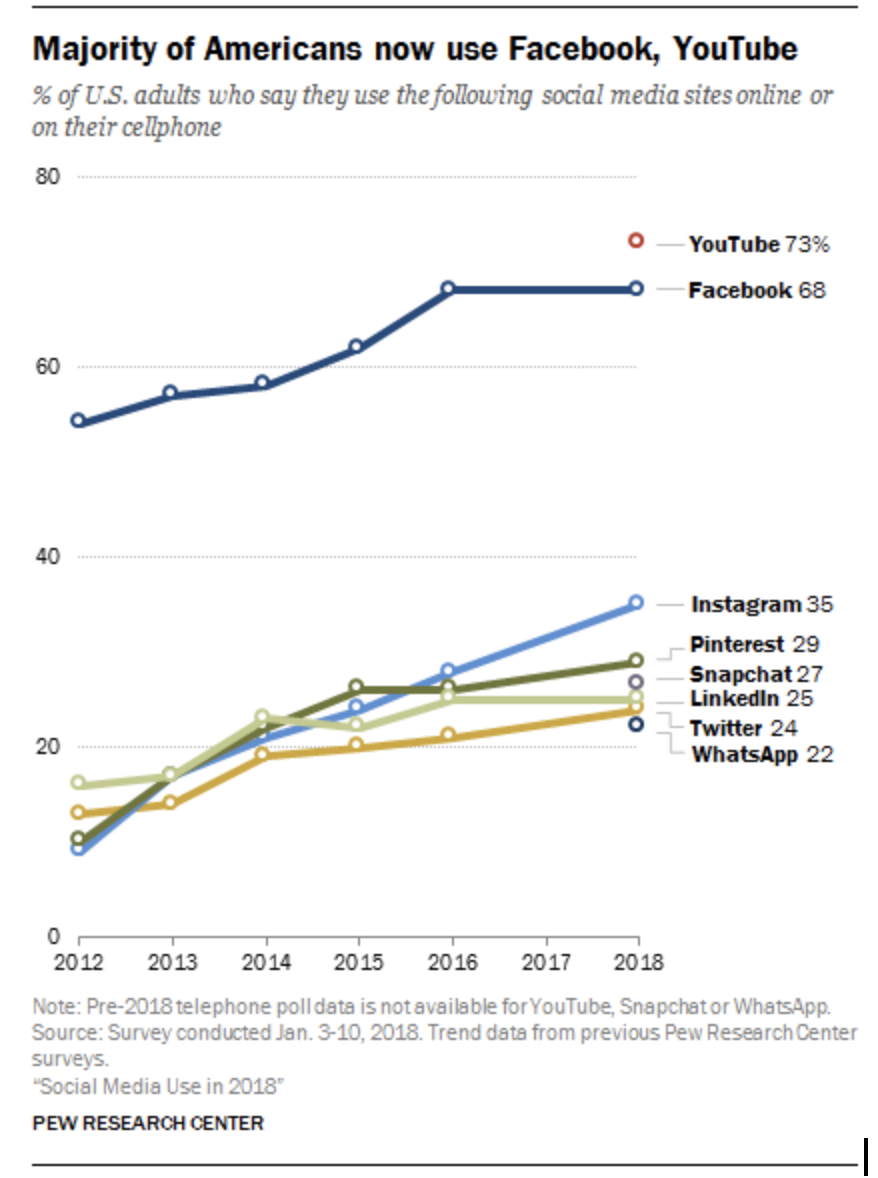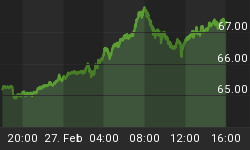Beset by months by scandals and setbacks, Facebook Inc. founder, chairman and CEO, Mark Zuckerberg, is in the hot seat once again. This time around, he’s is in the Fed’s crosshairs, with regulators considering whether to hold him personally liable for serious lapses regarding how his company has been handling personal data by its 2.2 billion users.
The idea arose during the FTC’s settlement with Facebook over the Cambridge Analytica scandal.
It would be the first time that the FTC has gone after tech companies for their indiscretions, but going after executives is a rare move that would send shockwaves through the industry.
In other words, it would be a very loud warning to other tech companies amid a growing backlash over mishandling of private data.
Losing public confidence
At the root of the matter is the question of whether Facebook violated a 2011 agreement with the FTC to safeguard the privacy of its users by allowing Cambridge Analytica to improperly gain access to private data of users in the US.
Specifically, FB is required to answer to allegations that it allowed Cambridge Analytica, a data-mining firm, to illegally access data from 87 million users leading to the 2016 U.S. general elections. The Trump campaign allegedly used the Cambridge Analytica data to target voters.
FB and Zuckerberg have more than the Fed to contend with over Cambridge, though. In December, Washington DC’s AG filed a lawsuit against Facebook over the same misconduct.
Facebook certainly does seem to have a seriously flawed privacy culture--its litany of data scandals never seem to end and could eventually make the public lose confidence in the company.
On Thursday, FB rattled the world again after admitting that it stored millions of passwords by Instagram users in plain text thus exposing them to theft. That revelation came hot on the heels of the company’s admission to similar malpractice about a month ago. Facebook estimates that anywhere from 200-600 million FB passwords could have been inadvertently exposed.
What’s particularly unsettling is the fact that in both instances, Facebook seems to have been blindsided by events and only discovered the breaches during standard security reviews. It would therefore probably take some serious forensic investigative work to establish whether any passwords landed in the wrong hands.
Does Anyone Want to Invest in Facebook Now?
Cambridge Analytica and the latest password scandals are by no means isolated cases.
Related: Silver Demand Set To Grow Significantly In 2019
Facebook has had to defend itself against allegations of allowing more than 150 companies access to users’ personal data including private messages. Facebook’s defense has been:
- The data sharing was quid pro quo that allowed users to access their FB accounts or features on platforms built by other companies
- None of the partnerships allowed companies to access user information without their permission
While that defense seems fair enough, it has not stopped investors from worrying that the sequence of private data issues would eventually devalue the brand and lead to loss of valuable users.
But so far there’s little evidence to suggest that Facebook’s stock has suffered given the continued healthy user growth trends.

(Click to enlarge)
Source: Facebook Earnings Slides
What had put FB stock under severe pressure last year was the unlucky timing of other unrelated issues including GDPR, news feed changes and an exodus of top executives. GDPR (Data Protection Regulation) alone hit FB really hard with the shares tanking nearly 20 percent after revealing a decline of 3 million daily users in Europe shortly after the introduction of the tough regulation.
That blip though appears to be firmly in the back mirror.
FB shares appear to have found a bottom, and it’s safe to assume most of the bad news has already been baked in. The shares are boasting a 36 percent Y/Y gain, more than double the market average of 15.8 percent.
Facebook vs. S&P 500 ETF (SPY) YTD Return

(Click to enlarge)
Source: CNN Money
Facebook has been negotiating a multi-billion fine with the FTC over its privacy practices. But with new scandals popping up right, left and center, it’s going to be interesting to see how much the trade watchdog will demand as settlement.
Related: Greed Is Ruling The Markets Once Again
A fine in the ballpark of Volkswagen’s $14.7 billion over the infamous emissions scam of 2016 could put Facebook in a profit hole for years, and will almost certainly sink FB stock.
Nevertheless, given the latest reset; the company’s still very wide moat, the fact that it’s still growing revenue at 30 percent-plus and earnings projected to grow at 16 percent CAGR over the next five years, FB stock remains a good contrarian play for long-term investors-- data scandals notwithstanding.

(Click to enlarge)
Source: Pew Research Center
By Alex Kimani for SafeHaven.com
















